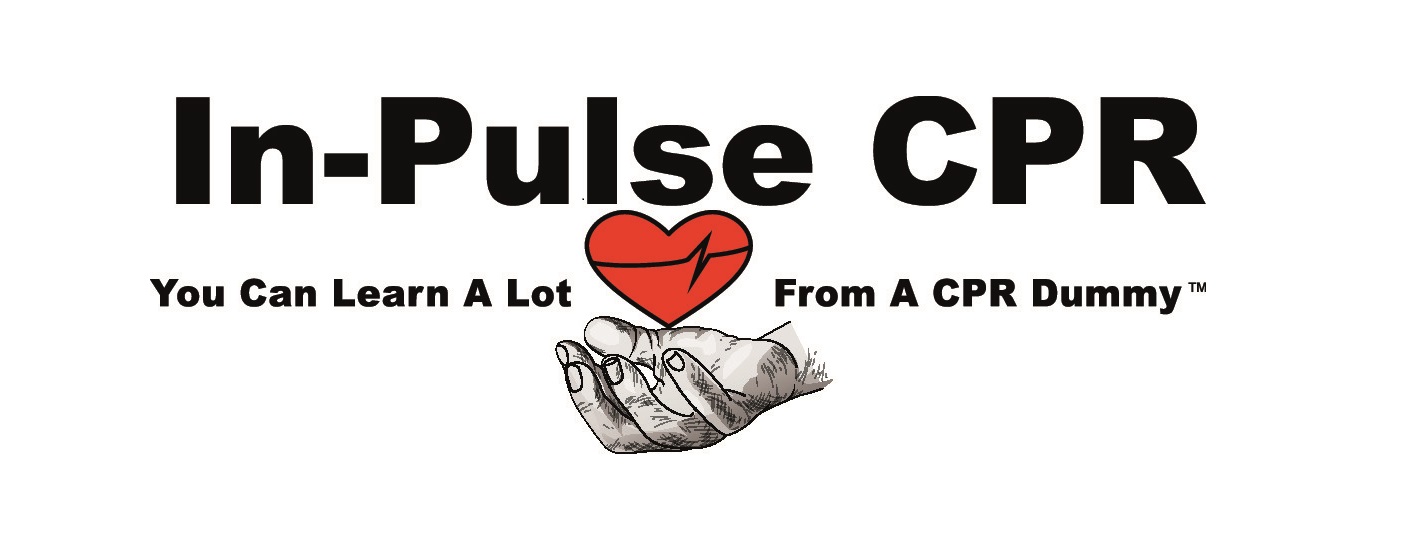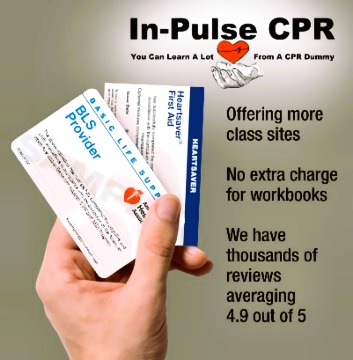Camping Safety Tips
Camping is an activity that’s enjoyed by millions every year, and the best thing about this activity is that it can be enjoyed year round – winter, spring, summer and fall.
So, whether you plan on roughing it in a tent or planning a family outing to a national park, there’s no reason why you shouldn’t make safety your #1 priority.
To have an enjoyable and safe camping experience, consider the following safety tips:
- Remember to pack a first aid kit. You never know if you or a member of your camping group will end up getting stung by a bee and suffer from an allergic reaction. Or one of you may end up falling and getting injured. It’s always best to be prepared if the unfortunate should happen. Make sure to pack these items: antiseptic wipes for cuts and scrapes, insect repellent, a snake bite kit, pain relievers, bandaids, antibacterial ointment, tweezers, and any medication that you’re currently on. Be sure to always check the expiration dates before packing the medication and ointment.
- Don’t forget to bring along emergency supplies. These supplies include (but are not limited to): map, compass, flashlight, knife, warm clothing, whistle, water, high-energy food and a compact weather radio.
- Find out the weather report before you leave, and be alert to approaching storms and seek shelter as necessary.
- Before you leave for your camping trip, always tell someone where you’ll be and when you plan to return home. This is just in case something happens and someone needs to come find you.
- Arrive to your actual campsite before it starts getting dark. This will give you time to check over the entire campsite and set it up.
- Check for potential hazards at the campsite such as poison ivy, bees, wasps, branches, hazardous terrain, etc.
- Always return back to your campsite before dark.
- Be sure to familiarize yourself with poisonous plants in the area. If you come into contact with any poisonous plants, rinse the affected area immediately with soap and water.
- Avoid bugs such as hornets, bees, wasps and yellow jackets. If you come into contact with these, never swat at them. That’ll only aggravate them. Simply push them away. To avoid attracting these stinging insects, remember to never wear cologne or perfume.
- Only build a fire in a safe area, away from your tent. Also, you should never use a flame or any heating device inside your tent. Use a battery-powered light instead.
- Make sure your tent is made from a flame-retardant material.
- Make sure your campfire is always attended to. When you put the fire out, make sure you drown it with water and make sure all of the embers are wet. This is VERY important because embers that are buried deep within the pile have a tendency to flame back up at a later time.
- Use a propane stove as a cooking appliance ONLY.
- To keep bears and other wildlife away, keep your campsite clean and your food securely packed away.
- Your group should always decide on a meeting place in case one of you should become separated.




